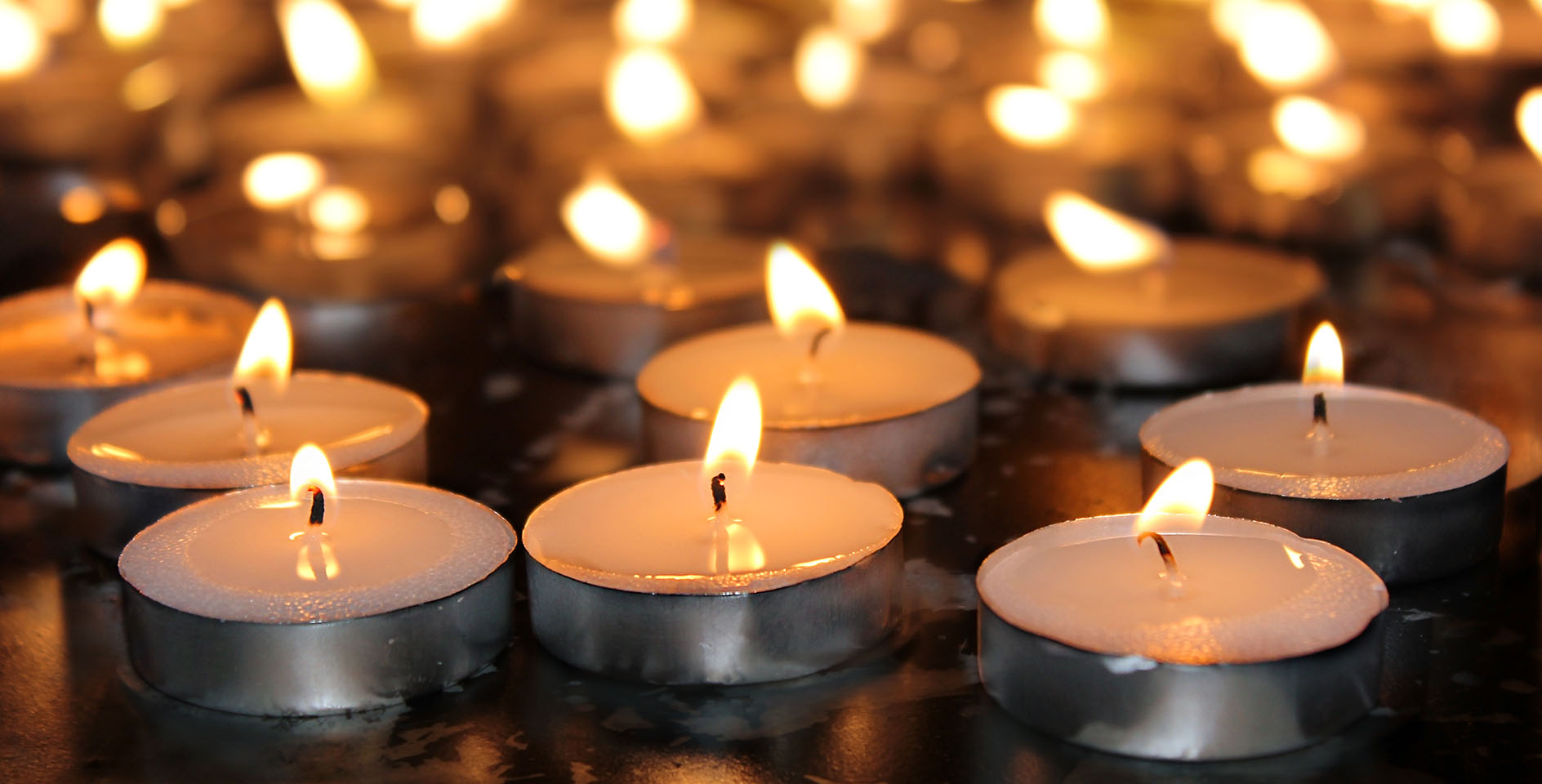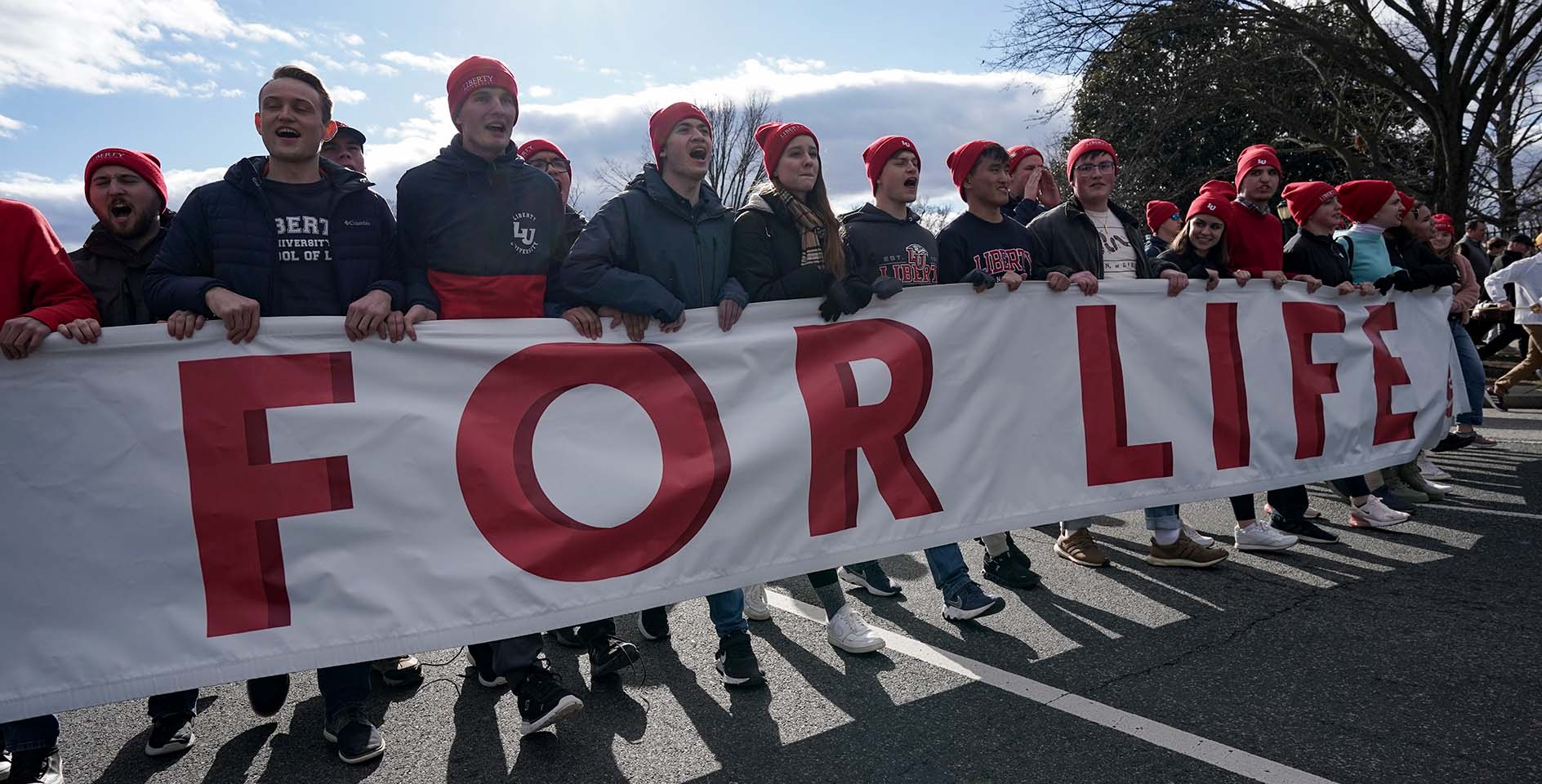Antisemitic crimes are at an all-time high in American culture, and antisemitic remarks permeate social discourse with an unfortunate frequency. Further, the Israel-Hamas war has brought the issue to the forefront of conversation. In attempting to offer a defense of Hamas’ actions in Israel, groups like the Harvard Palestinian Solidarity Group use rhetoric and language that is antisemitic. These shocking sentiments are not formed in a vacuum. Particularly within the American context, they originate within an unfortunate history of antisemitism and demand a response from Christians. Throughout my studies in the Fellowship at Auschwitz for the Society for Professional Ethics, I learned how these actions and remarks are intertwined and intimately connected to the evolution of antisemitism in America.
Antisemitism historically
The roots of antisemitism begin long before the Holocaust or attacks against synagogues in America. For example, in Matthew 27:25, the Jews said “his blood be on us, and on our children,” when Pilate declared himself innocent of the death of Jesus. Commonly known as the “blood curse,” some early Christians used this verse to justify the claim that Jesus’ death was the responsibility of Jews, not the Roman Empire which organized his arrest, trial, and execution. The early Catholic Church officially taught this in its doctrine, elevating what had been a largely grassroots belief to be a sentiment shared on a large scale.
Antisemitism was not limited to the early Church, or even the Catholic Church. Later in life, Martin Luther, the architect of the Protestant Reformation, frequently attacked Jewish individuals because he was angered by their refusal to convert. In response to his frustrations with the Jewish people, Luther advocated for the burning of synagogues as well as the pillaging and destruction of their homes.
Attacks on Jews in Europe were not even always religious. Various groups from the Greco-Roman period up to the Nazis in the 20th century blamed the Jews for the intentional spread of disease. Because Jewish people were not sick as frequently and lived longer, they were blamed for causing or spreading diseases. In reality, their daily practices of mikveh (bathing regularly for religious reasons) likely helped prevent sickness among their community.
Additionally, a new theory began to percolate at the turn of the 20th century: the Jewish people were working together to assume power and control the world. Supposedly, they would do so through spending the money they had amassed to buy off unassuming and kind Christians. Propagated through the publication of The Protocols of the Elders of Zion—a fake document containing this secret plan—this view has continued to achieve mass acceptance.
Antisemitism in America
The publication of The Protocols helped increase antisemitic sentiment in the United States. Before The Protocols, antisemitic ideology in America existed, as in the lynching of Leo Frank or the rise of antisemitic remarks during the Civil War, but they were less prominent than other racial biases.
In 1920, Henry Ford, the car manufacturer and known antisemitic, began a four-year-long tirade against the Jewish people in his weekly newspaper. By 1924, his conspiracy-laced publications had reached an audience of more than 700,000 people, earning the praise of perhaps the most notable antisemitic, Adolf Hitler. Beyond Ford, Father Charles Coughlin, a popular Catholic priest with a radio show that reached 15 million listeners each week, spewed antisemitic theology and theories for his listeners to ingest. On the eve of the Holocaust and World War II, in part thanks to people like Ford and Coughlin, antisemitism was socially acceptable.
As America entered WWII, notions of antisemitism only increased on the home front. Coughlin began and operated a periodical laced with antisemitic writings that reached a readership of over one million between 1940 and 1942. Charles Lindbergh, the famed aviator, asserted to millions of Americans that the control by the Jewish people of “our motion pictures, our press, our radio and our government” was one of the largest threats Americans faced.
Based on the regular and prolific antisemitism Americans encountered on a daily basis, it should be unsurprising that a 1939 poll noted that more than 60% of Americans did not believe that the Jewish people should be treated equally to every other race. Congress, mirroring the will of the people, crafted legislation that reflected this attitude. Rather than opening its immigration numbers to allow persecuted Jewish people to flee the Holocaust, America kept its doors shut.
After WWII, antisemitic statements and attacks began to subside, in part because of the Civil Rights Movement of the 1960s which extended civil rights to Jewish Americans as well as African Americans. Still, antisemitism lingered in certain parts of American culture, as the creation and persistence of the American Nazi Party attests. However, the strides society took in the acceptance and embrace of the equality of Jewish people are to be welcomed.
Rates of antisemitic crimes and violence have generally trended down, according to statistics released by the FBI which began tracking them in the late 1970s, but this trend was broken in the mid-2010s:
- In 2014, antisemitic crimes increased by 21% nationally.
- With only a small increase in 2015, antisemitic crimes significantly increased in 2016, increasing nearly 35% since the previous year.
- Since 2016, the prevalence of antisemitic crimes has skyrocketed, increasing 191% in the previous seven years, with 2022 being the highest year on record for the number of antisemitic crimes.
These crimes are not abstract statistics. They affect real communities and people. For example, the 2018 Tree of Life Synagogue massacre claimed 11 lives. The same is true for the mass shooting that happened at the JC Kosher Supermarket in New Jersey, where two assailants killed three people and wounded another three before being stopped by the police. And in recent days, threats of violence and intimidation against Jewish people because of the Israel-Hamas war have increased. Recent violence highlights that there is still much work left to be done in rooting out the evil of antisemitism.
How should Christians respond?
While we can grasp the grim reality of how antisemitic remarks developed, what should Christians do when they hear or see malice toward the Jewish people? Jordan Wooten wrote an explainer about the state of antisemitism in America today and addressed practical steps Christians can take to combat antisemitism within the culture. In addition to his suggestions, Christians can push against antisemitism in two ways:
1. The Christian must contend for the dignity of Jewish peoples based on the doctrine of the imago Dei. Genesis 1:21 states that God made man and woman in his image. The same doctrine that animates our advocacy on behalf of the unborn should guide our advocacy on behalf of our Jewish neighbors. Both are made in the image of God, and we should prevent violence against either.
2. The Christian must contend for the free practice of Judaism within the public square. While religious freedom is not exclusively Christian, it is a Southern Baptist particular. When many attacks on our Jewish neighbors are rooted in attacks on their faith, Southern Baptists should be compelled to speak up and defend their right to worship freely. This will include a renewed commitment to security and protection of Jewish people in the face of violence against places of religious worship, but also a rejection of religious ideologies that try to erase or stamp out Judaism, which is an adoption of the spirit of Satan who has repeatedly attempted to eradicate the Jewish people.
A comprehensive biblical ethic does not allow us to stop at just knowing about injustice, but requires that we take action to end it where possible. Scripture demands that we do more than profess belief; we must act on those beliefs and do the good works that God has prepared for us (Eph. 2:8-10). As Christians, we must commit ourselves to not only knowing the history of antisemitism, but working to remove it from society. As Corrie Ten Boom wrote in The Hiding Place regarding clear and aggressive antisemitism, “silence is consent.” May we not let not her statement indict us today.











